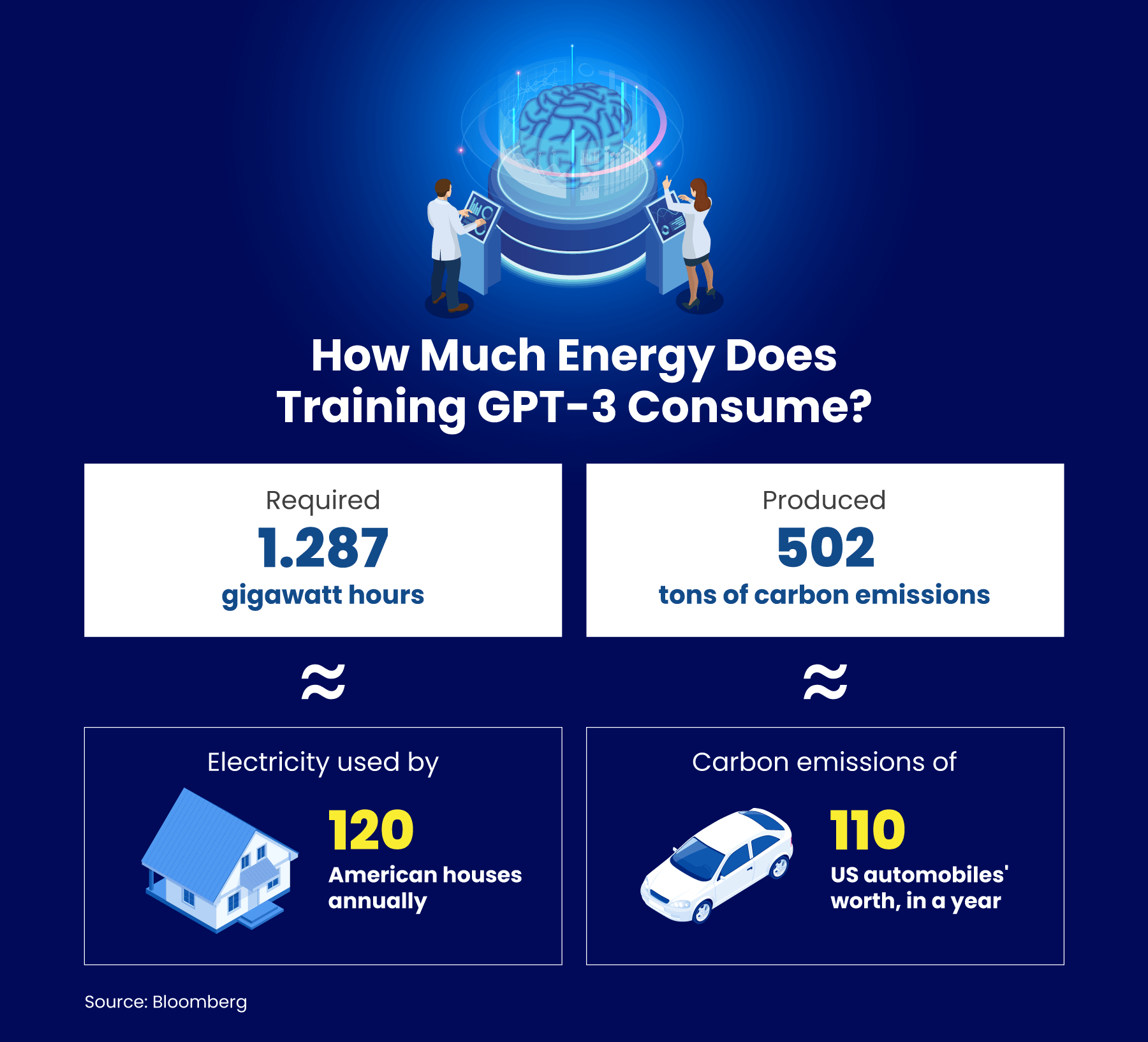What Impact Does AI Have on Sustainable Marketing Goals?
- Irene Schouwenaar

Artificial intelligence is changing the world whether you like it or not. The revolution has already begun — the question now is only where it will take us. There is a lot of discussion (including on our own site) about the use of AI in marketing, but most of it is centred on AI’s capabilities. Can AI marketing tools deliver the same results as humans?
Understanding the efficiency, value, and quality of AI marketing tools is vital to our industry. But questions about if or when AI will displace human marketers aren’t the only ones we should be asking. What about the effects of AI on sustainable marketing efforts?
Green is the New Black
Today’s consumers want more from brands than quality products at low prices. While sustainability and purpose-driven marketing are big business for companies targeting millennials and Gen Z, research shows that consumers of all ages are placing more importance on brands with environmentally and socially responsible practices.

The link between environmental and social responsibility is important to remember — when we talk about sustainability in marketing, we’re not just talking about reducing carbon emissions or recycling more waste. Sustainable marketing strategies are about organizations having a larger purpose, treating people fairly, and placing value before profit — and these are values that must be reflected in every aspect of your brand.
So what role does AI play? Do AI marketing tools have a positive or negative impact — or no impact at all — on sustainability in marketing?
AI and Sustainable Marketing
Your overall stance on the use of AI in marketing will probably sway your opinions on whether AI tools are good or bad for sustainability in marketing. But let’s examine some of the arguments.
How AI Boosts Sustainability
There are some strong cases to be made for the use of AI to increase sustainability in marketing.
- Enhanced data analysis
Analytics tools powered by artificial intelligence have the capacity to sift through vast amounts of data on consumer behaviours, market trends, and sustainability — allowing businesses to identify patterns and insights they can act. The tech can also increase transparency in a way that reduces the risk of greenwashing.

- Increased workplace efficiency
AI tools can be used to automate time-consuming and repetitive marketing tasks, freeing human teams up to focus on more enjoyable and rewarding parts of their job — which is good for morale and brands’ reputation as employers. But AI tools can also automatically turn systems off or on as needed, reducing energy use.
- Enhanced targeting
Dentsu reports only about one-third of advertising messages capture audiences’ full attention. Today’s explosion of advertising media has driven consumers to screen or skip ads wherever possible — meaning a lot of messages that don’t grab attention gain little traction. AI tools let marketers focus on delivering personalized, relevant messages to their target audience — reducing the time and energy spent on wasted efforts.
Where AI and Sustainability Collide
AI’s sustainability cred isn’t bad. But the widespread adoption of AI marketing tools isn’t all sunshine and roses either.
- Electricity use
There’s no overlooking the revolutionary power of AI tools. But we also can’t ignore the fact that the creation and training of every new AI content generator require massive amounts of electricity — a cause for concern during a time when lowering emissions has become a major global priority.

- Ethical limitations
Marketers leveraging AI tools must tread carefully, making sure to address the ethical concerns surrounding the technology, including its potential to spread inaccurate information, perpetuate racial and gender biases, and infringe on copyrights.
- Employment concerns
The use of AI — and its effect on human jobs — are a central complaint in the current SAG-AFTRA and WGA strikes. Marketers are not immune to the same threat, although experts remain mixed on how real the danger might be. Companies that replace staff with AI tools can — and have — faced repercussions from the public.
So, Can AI Contribute to Sustainable Marketing?
It’s hard to pin down a clear answer at this point. AI tools are evolving rapidly, and it’s hard to say exactly what the ramifications for sustainability in marketing will be. At TPM, we are actively working to experiment with a range of AI tools to gain a better understanding of how and where they can be used to further our clients’ goals. We believe there is a way to incorporate AI into a sustainable marketing strategy — but it will require a lot of investigation and consideration.
